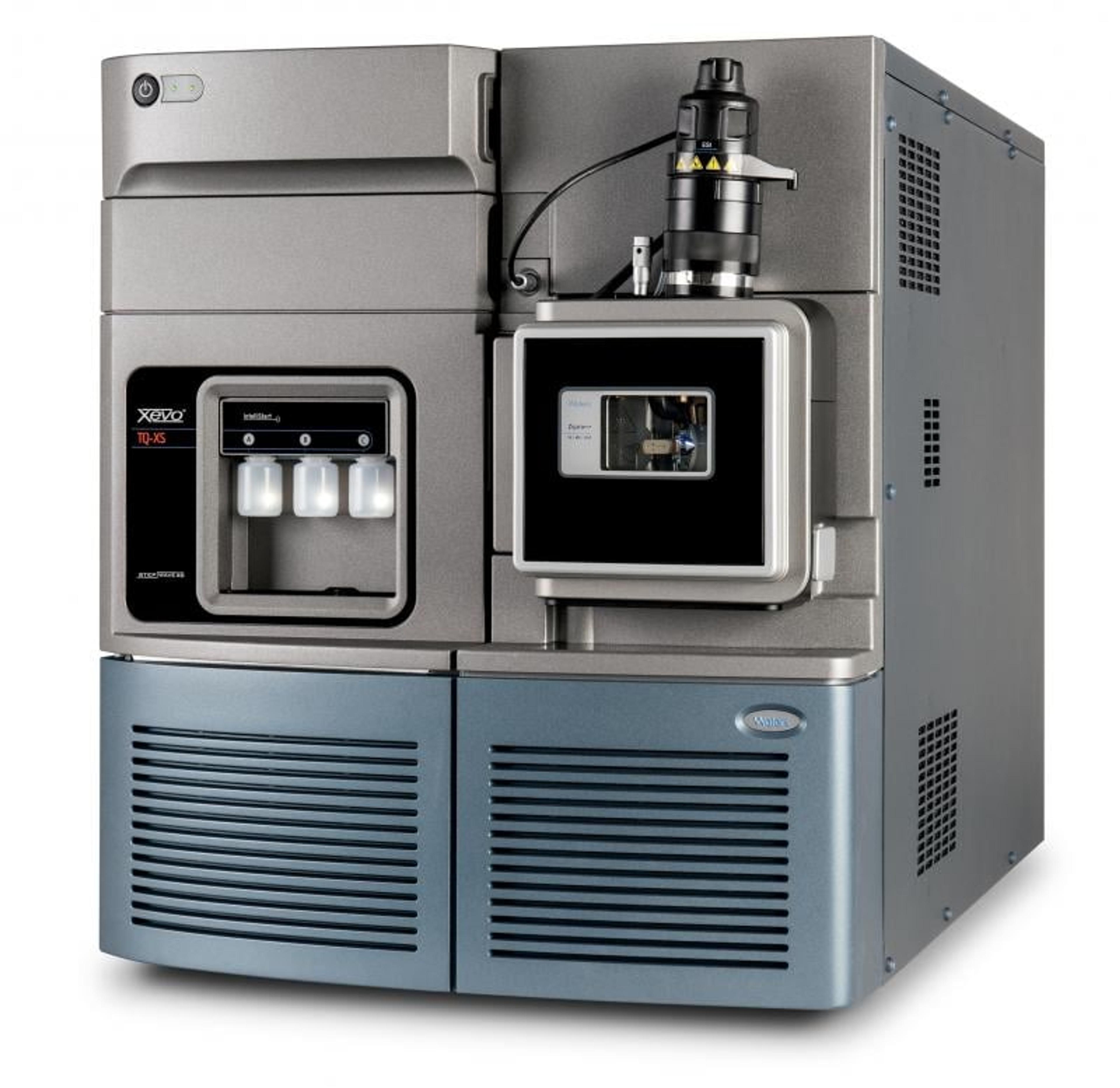Waters APGC-MS/MS System accepted for advanced dioxin and furan analysis
Environmental labs can now use Waters Xevo TQ-XS APGC-MS/MS system for routine, highly sensitive testing with improved robustness
11 Jan 2021
Waters Corporation has announced that its Xevo TQ-XS atmospheric pressure gas chromatography (APGC) mass spectrometry (MS) platform is an accepted alternative for the identification and quantification of dioxins and furans in environmental samples. Dioxins are a byproduct of human industrial activity and their effects on human health are well documented. The acceptance of Method 16130 by the United States Environmental Protection Agency’s (USEPA) Office of Water comes after a review of validation data submitted by SGS AXYS Analytical Services Ltd.
“We are extremely thankful that after a lot of hard work with the team at SGS AXYS, the USEPA has opened the door to APGC-MS/MS as an acceptable alternative for dioxin analysis,” said Warren Potts, Senior Director, Food & Environmental Business, Waters Corporation. “This is a great step forward in recognizing the value of performance-based analytical methods and it will translate to increased sensitivity and robustness in the laboratories performing dioxins and other persistent organic pollutants (POPs) analysis.”
The USEPA’s acceptance of APGC-MS/MS comes after a two-year collaboration with SGS- AXYS. Analytical Services Ltd. Recognizing the need for a more efficient solution, Waters served as a key collaborator of SGS AXYS Analytical Services in the validation of APGC-MS/MS as an approved method for dioxin testing. The standard method, gas chromatography coupled with high-resolution magnetic sector mass spectrometry (GC-HRMS), is associated with large, aging, expensive instruments that are costly to run and maintain.
"As part of the SGS AXYS 'think tank', we were excited to collaborate with the team from Waters Corporation alongside the EPA over the course of two years to develop the SGS AXYS Method 16130,” said Coreen Hamilton, a Senior Scientist with SGS Environmental, Health and Safety who worked on the project. “This method is an important piece of the puzzle in the modernization and diversification of testing for dioxins and other toxic contaminants.”
Acceptance of the APGC-MS/MS method frees laboratories to deploy modern instrumentation that is less expensive, more sensitive and easier to operate.
Want more of the latest science news straight to your inbox? Become a SelectScience member for free today>>

